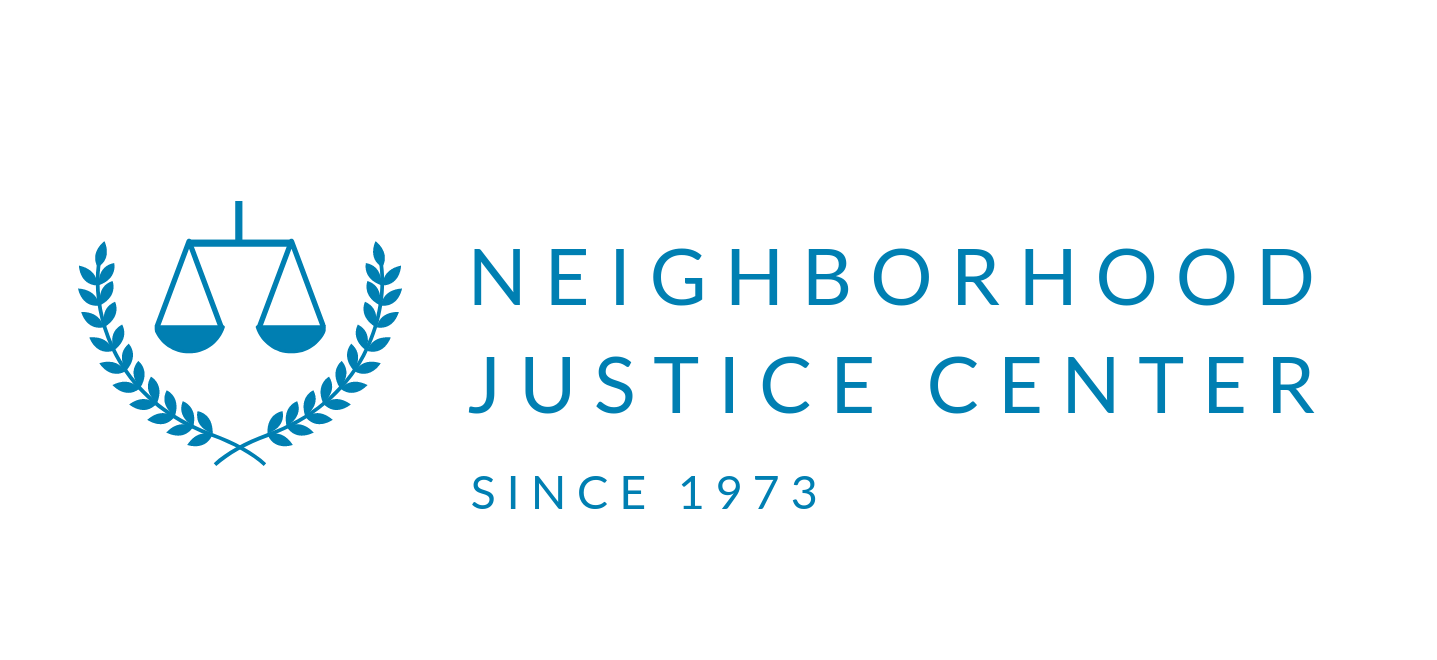Can law enforcement make you unlock your phone using your fingerprint?
Smartphones have become part of our everyday lives— they feel like an extension of ourselves. Fingerprint and face recognition software that unlocks phones have become the standard. But, can law enforcement make individuals unlock their phone using their fingerprints or face recognition? The short answer in Minnesota is yes.
In State of Minnesota v. Matthew Diamond, 905 N.W.2d 870 (Minn. 2018), the State charged Diamond with various offenses including burglary. During the investigation, police seized his cell phone and sought to search its contents after obtaining a warrant. The phone’s fingerprint lock prevented police from accessing the device and Diamond refused to unlock it himself. The court ordered Diamond to provide his fingerprint, which he reluctantly did after being held in contempt of court. The police were then able to use forensic software to obtain call records and messages contained in the phone related to the burglary. The State used this information convict him. Diamond appealed the Court’s order, arguing that a court could not force him to provide a fingerprint to unlock his phone because it was self-incriminating and a violation of his Fifth Amendment right.
The Fifth Amendment prevents the State from making someone provide a “testimonial communication” that is incriminating. At the same time, police routinely obtain fingerprints and photographs of a person during a normal booking procedure. So, is providing your fingerprint to unlock your phone a “physical testimonial communication?”
To arrive at an answer, the Minnesota Supreme Court did an analysis of what constitutes “testimonial” acts. The court concluded that providing one’s fingerprint to unlock a phone was NOT testimonial. The court compared the act of providing a fingerprint to requiring a defendant to provide a blood sample or stand in a line-up. Just as important, the order did not require the defendant to say what was on his mind. The court concluded that whether the fingerprint actually unlocked the phone depended on whether the scanner was able to match the defendant’s fingerprint.
Having others read what we have texted or emailed feels very much like providing personal testimony, but the Court considered it the same as reading a business document or bank record. Providing your fingerprint or your face to unlock a phone through biometric software is legal in Minnesota as long as the police have a warrant. For now, the Minnesota Supreme Court’s ruling appears to imply that individuals cannot be forced to provide information from their mind, like a passcode or PIN-- although this may change.
Long story short: always use a passcode or PIN to unlock your phone.
Legal Disclaimer: This information is provided for educational purposes and is not legal advice. If you have questions regarding a legal matter, please contact our office for assistance or reach out to an attorney who may be able to help you understand how the law may apply to different circumstances.

